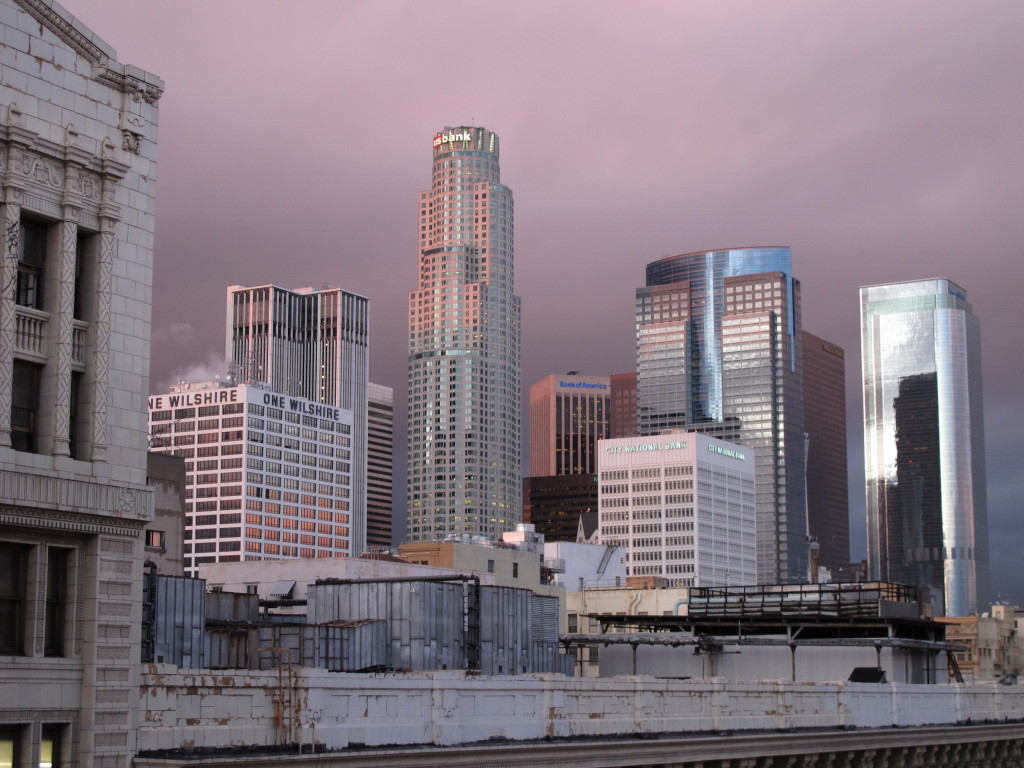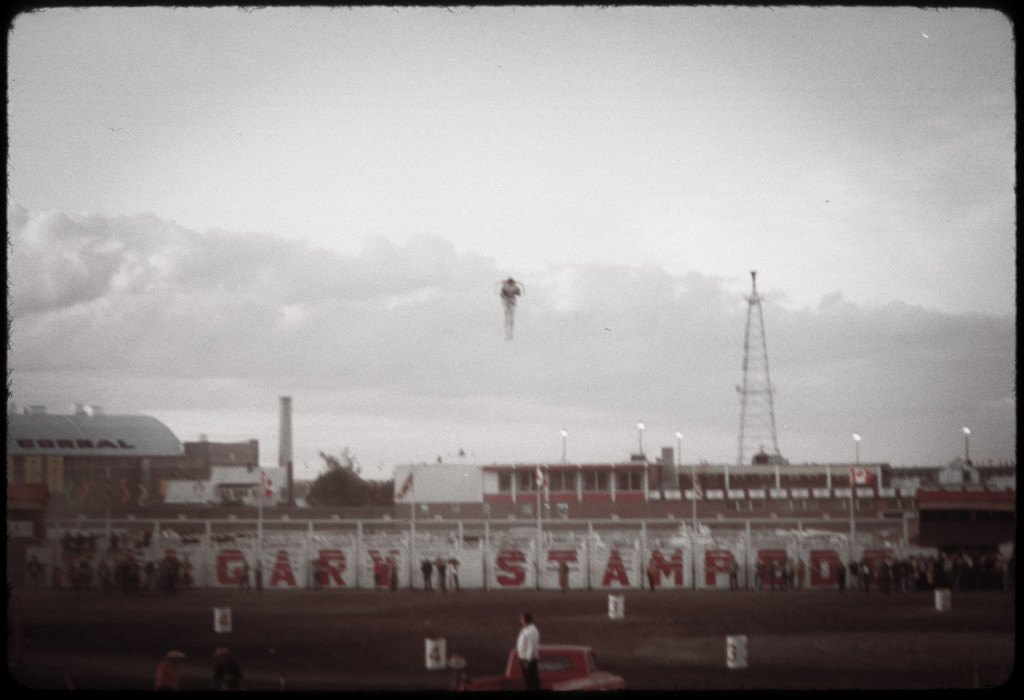Where is the Internet?

Image © 2010 j.r.mchale; all rights reserved
An interesting short piece (five paragraphs and an [eleven photo slide show](http://www.nytimes.com/2015/06/05/magazine/the-internet-irl.html#slideshow/100000003723283/100000003723289)) entitled [Internet I.R.L.](http://www.nytimes.com/2015/06/05/magazine/the-internet-irl.html#) in today’s New York Times magazine about photographer [Dave Greer](http://davegreer.cc)’s current project photographing where pieces of the internet backbone and related data centers are housed. Tidbit from the article about the One Wilshire building in the above photograph (taken by me from my former loft in downtown Los Angeles): “In 2013, One Wilshire sold for $437.5 million, the highest price per square foot (about $660) ever paid for a downtown Los Angeles office building. Why? Because the Internet. The building is one of the world’s largest data-transfer centers — tenants include network, cloud and information-technology providers — and serves as a major West Coast terminus for trans-Pacific fiber-optic cables.” An excellent reminder that the internet is not some amorphous thing ‘in the cloud’, but based on tangible, physical things, including circuits, switches, servers, cables and other equipment – in many cases, housed in buildings or buried under ground or sea.
